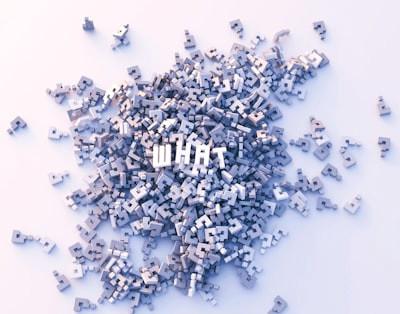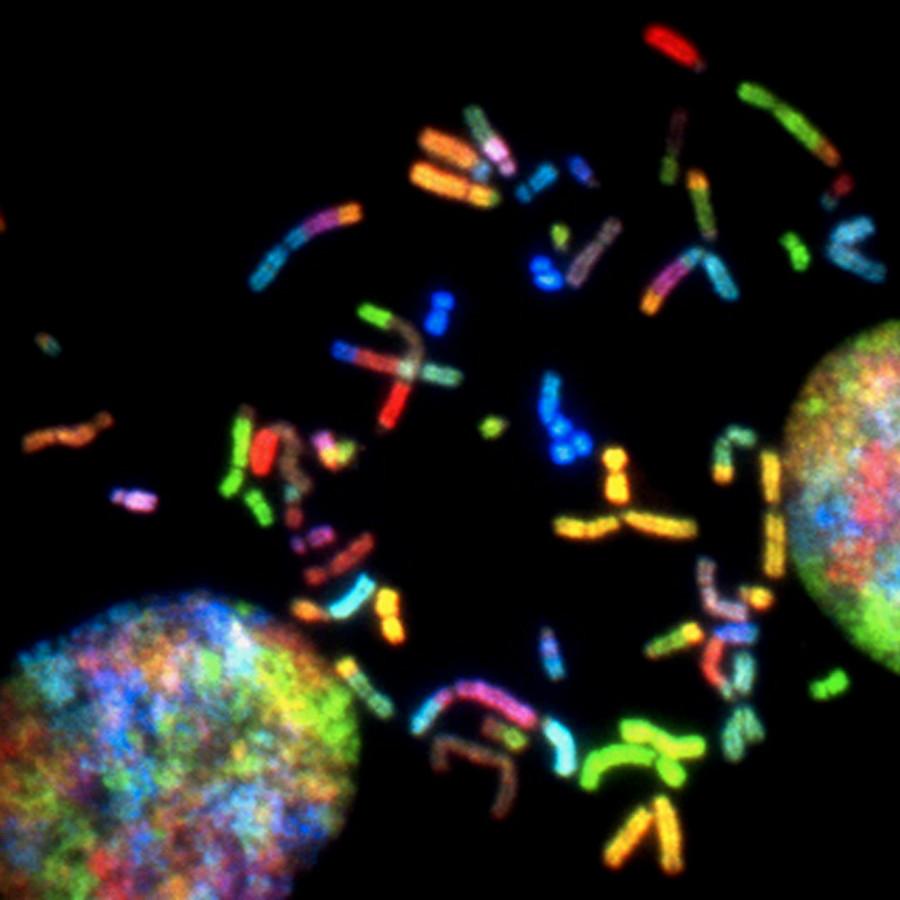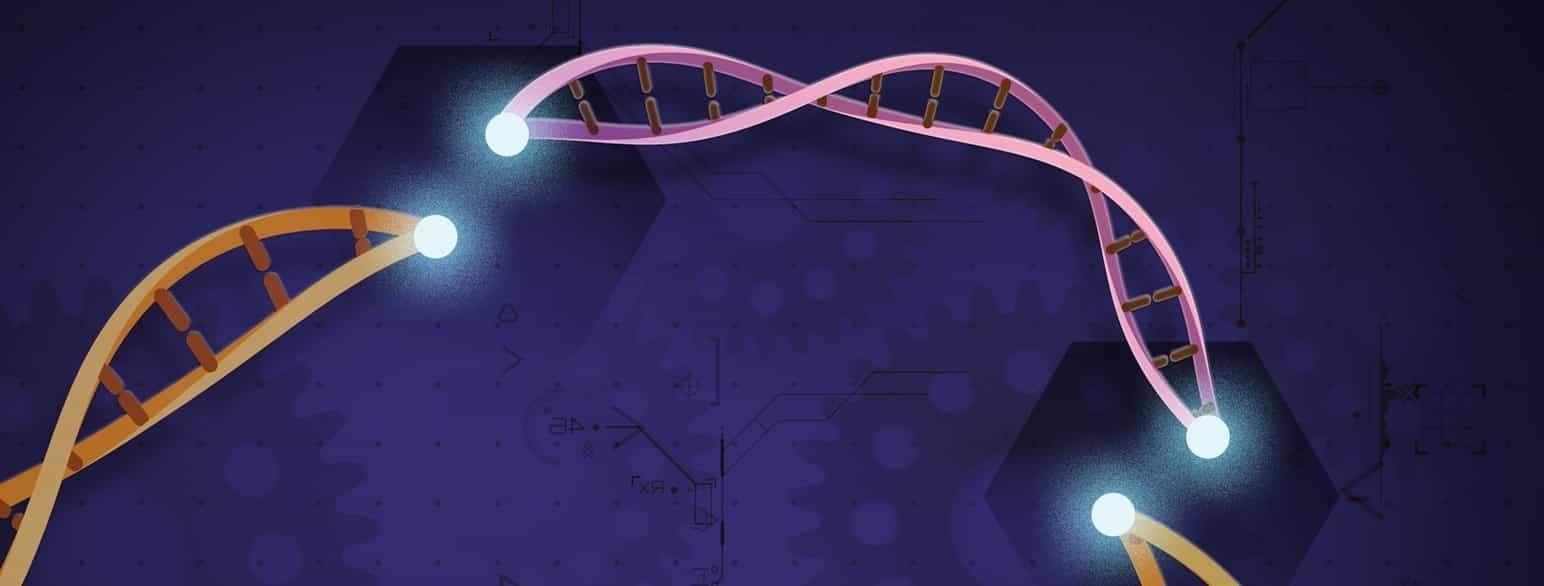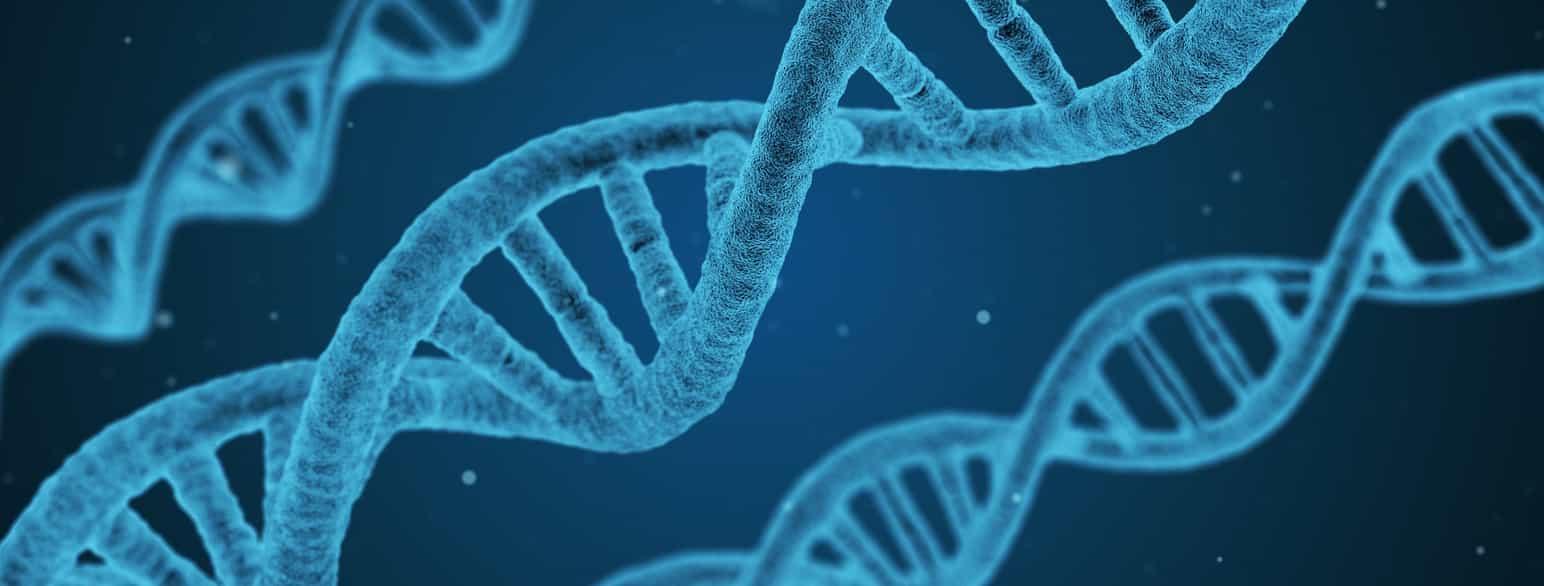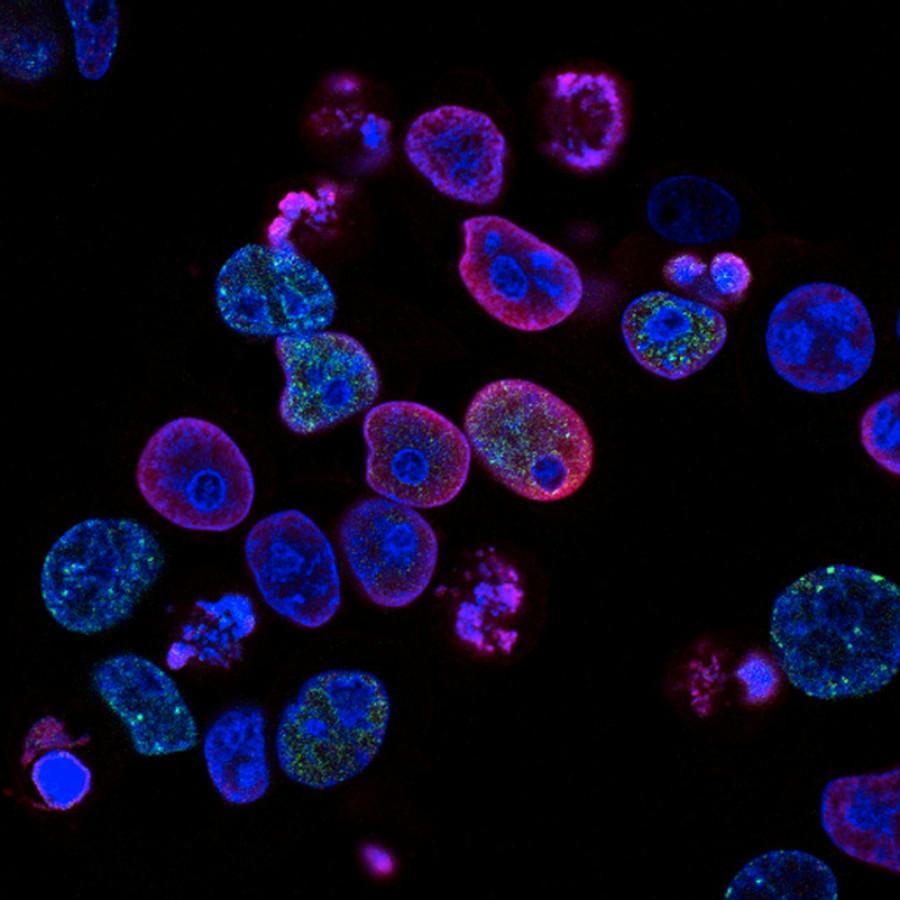Explore the World's Best Ideas
Join today and uncover 100+ curated journeys from 50+ topics. Unlock access to our mobile app with extensive features.
What is CRISPR?
Clustered Regularly Interspaced Short Palindromic Repeats (or CRISPR for short) is a process in which DNA strands are cut at specific locations so that they can naturally repair themselves.
3
85 reads
How does CRISPR Work?
As mentioned before, CRISPR describes the process in which a faulty segment of DNA is removed and is replaced with a properly functioning piece.
To be more specific, the Cas9 Enzyme (which is found in CRISPR) first enters the DNA sequence and cuts out the faulty strand. For the Cas9 Enzyme to cut the correct spot, a guide RNA is used.
Once the faulty strand is successfully removed, CRISPR generates a double-stranded DNA break which triggers cellular DNA repair pathways that correct the genome.
3
47 reads
What is the Future of CRISPR?
Some of the main use cases for CRISPR are as follow:
- Correction of genetic errors that cause diseases
- Elimination of microbes that cause disease
- Resurrection of Species
- Creation of new and healthier foods
- Eradication of harmful pests
3
49 reads
What are the Issues with CRISPR?
Despite CRISPR's large success, there are a variety of ethical issues with the practice. Some of these issues are listed below:
- Lack of appropriate supervision over the technology
- Lack of uniformity will cause discrepancies when using CRISPR in different nations
- Experimentation with the human genome is illegal in some countries
- Potential privacy and security breaches
2
37 reads
Conclusion
CRISPR is one of the most fascinating innovations of the 21st century and has almost limitless applications. As we understand the domain better, we can improve existing technologies to the point where we can create more biologically advanced humans.
Although the prospect of more advanced humans is incredibly riveting, it has a large amount of ethical issues alongside it.
Overall, the study is one of great importance to the scientific community, and will remain as such for the foreseeable future.
2
35 reads
Extra Sources
How Does CRISPR Work:
https://crisprtx.com/gene-editing/crispr-cas9
https://pubmed.ncbi.nlm.nih.gov/34365511/
Future Applications:
https://futurism.com/crispr-genetic-engineering-change-world
Ethical Concerns:
https://www.bu.edu/khc/files/2018/10/CRISPR-Ethics-reading.pdf
2
42 reads
IDEAS CURATED BY
CURATOR'S NOTE
CRISPR is one of the most important scientific discoveries in modern day. In the following stash, you will learn about what CRISPR is, how it works, what applications it has, and what issues surround it.
“
Sidharth Bharatwaj's ideas are part of this journey:
Learn more about scienceandnature with this collection
How to make sustainable choices in everyday life
Identifying ways to reduce waste and conserve resources
Understanding the impact of human actions on the environment
Related collections
Similar ideas
14 ideas
The Code Breaker Summary
fourminutebooks.com
4 ideas
This Biotechnology Can Make Precise Changes to your DNA
trajectorymatrix.substack.com
Read & Learn
20x Faster
without
deepstash
with
deepstash
with
deepstash
Personalized microlearning
—
100+ Learning Journeys
—
Access to 200,000+ ideas
—
Access to the mobile app
—
Unlimited idea saving
—
—
Unlimited history
—
—
Unlimited listening to ideas
—
—
Downloading & offline access
—
—
Supercharge your mind with one idea per day
Enter your email and spend 1 minute every day to learn something new.
I agree to receive email updates
